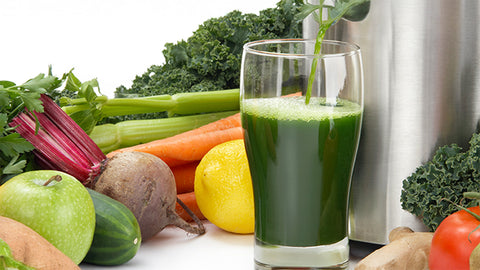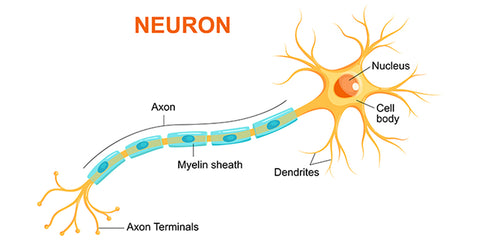Education

Intermittent fasting has been around for hundreds of years. From a neuroscience perspective, caloric restriction and intermittent fasting can have significant positive effects on both the brain and body. A recent article in the New England Journal of Medicine states that intermittent fasting can have broad-spectrum benefits for many health conditions such as obesity, and heart and neurologic issues.

We all want to age well. Regular exercise, eating right, and avoiding stress help maintain a healthy body as we age, but what about the brain? New research indicates these same strategies also promote brain health.

As Mother's Day approaches, you may be thinking about your own relationship with your mom. Despite existing tension or past arguments, you may be ready to repair a strained relationship with your mom—but where do you begin? Use this Mother’s Day to get started. Here are some simple things you can do to heal a rift or just improve your relationship with your mother:

The sugary, high-fat foods we often crave when we are stressed or down, as comforting as they are, may be the least likely to benefit our mental health. As people across the world grapple with higher stress levels and anxiety, many turn to their favorite comfort foods: ice cream, pastries, pizza and chips. But studies in recent years suggest that the unhealthy foods we often crave when we are stressed or down, as comforting as they may seem, are the least likely to benefit our mental health.

Unfortunately, many people don’t have access to fresh fruits and vegetables or simply don’t have the time to prepare a meal. You can always buy a prepared juice or smoothie at a local grocery store but these products are often filled with sugar or other ingredients that are not healthy - especially for your brain!

Can the way we think about ourselves and our abilities shape our lives? Absolutely. The way we think about our intellect and talents not only affects the way we feel, it can also affect what we achieve, whether we stick to new habits, or if we will go on to develop new skills. A growth mindset means that you believe your intelligence and talents can be developed over time. A fixed mindset means that you believe intelligence is fixed—so if you’re not good at something, you might believe you’ll never be good at it.

Most people in the scientific community now accept that the brain continues to repair itself and create new brain cells throughout life. The birth of new neurons in the brain is referred to as neurogenesis. Nerve growth factor (NGF) is a group of small protein-like molecules called neurotrophins that are responsible for neurogenesis or the development of new neurons and for the health and maintenance of mature ones.

You’ve probably heard the term “nootropic” talked about a lot recently. Like Nerve Growth Factor (NGF), it’s a trendy word right now. But what does it mean? According to the dictionary, a nootropic is a substance that enhances cognition and memory and facilitates learning. Slang dictionaries erroneously call them “smart drugs.”

According to a new study in the NeuroImage scientific journal, exercise can freshen and renovate the white matter in our brains, potentially improving our ability to think and remember as we age. White matter, which connects and supports the cells in our brains, changes for the better as we become more physically active.

The concept of a “healthy brain” is fairly new, but one that is growing in importance. Here at Procera, we believe that the brain can be positively impacted by dietary choices, brain-specific supplementation, and lifestyle habits. Once it was thought that it was only important to look after the developing brain (birth until the early 20s).

Your health is one of the most valuable things you have — if not the most important.
This time of year, cold and flu season seems to run rampant with the shifts in weather and cooler temperatures. As people are often looking for additional ways to stay healthy and strong, we've compiled 5 simple and common-sense things you can do to keep your immune system strong:

What is your go-to method for stress relief? Do you take a walk? Listen to music? Do you binge-watch Netflix? Everyone experiences stress and has a way of dealing with it. What might be a minor issue for some can be completely overwhelming for others. While there is no one-size-fits-all response, some ways to relieve stress can be unhealthy and even harmful. If any of these behaviors describe you, perhaps it’s time to consider some new stress-relief strategies.



